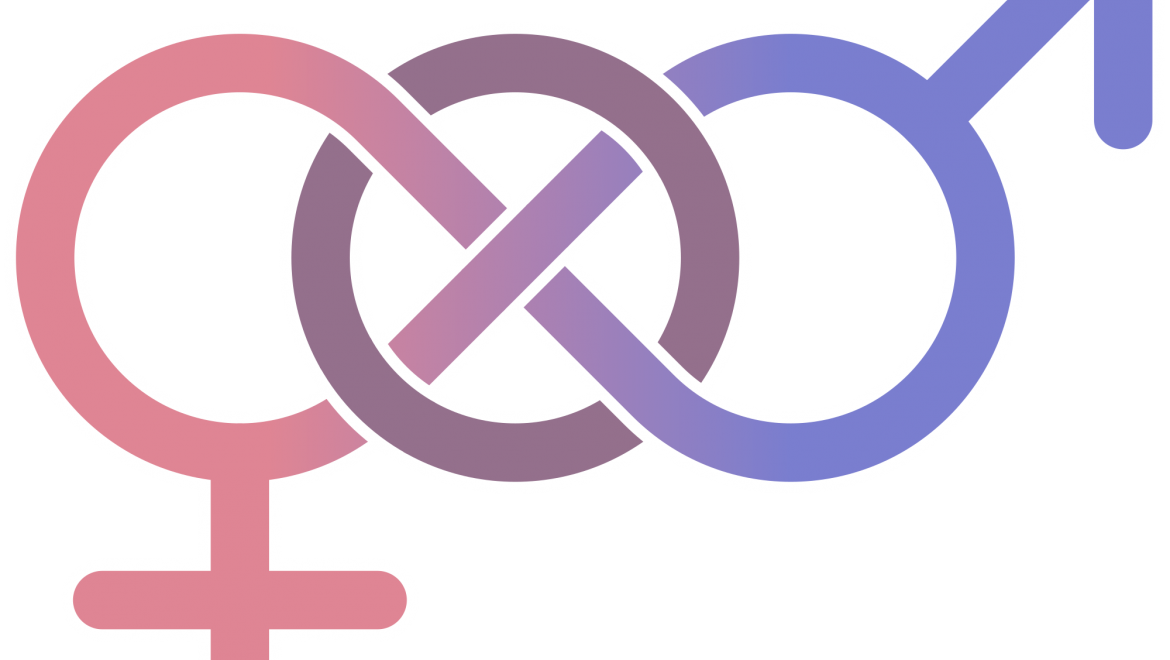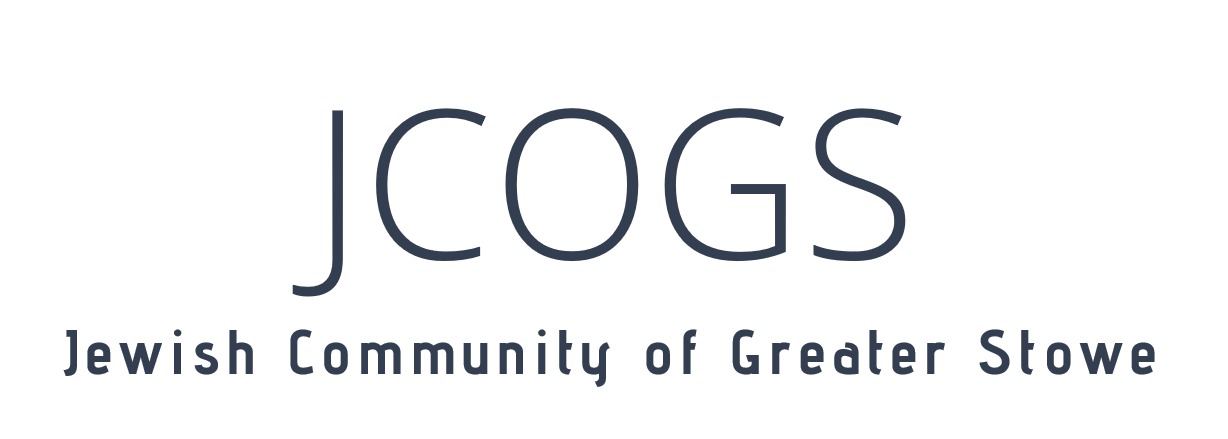
This post presents the Hebrew, English and transliterated texts of the Reconstructionist Havdalah ceremony, where each of the four blessings is displayed twice – once using feminine God-language and once using traditional masculine God-language. The English translation offers a soulful interpretation of the text that emphasizes many different understandings of the Divine and omits any patriarchal or gendered references. An explanation of the textual variations of the Reconstructionist ceremony follows the text. This resource was originally posted on Ritualwell, a project of the Reconstructionist Rabbinical College that provides a platform for creating new Jewish practices and observances.
Reconstructionist Havdalah with
Masculine & Feminine God Language
הִנֵּה אֵל יְשׁוּעָתִי אֶפְתַּח וְלֹא אֶפְחַד כִּי עָזִּי וְזִמְרַת יָהּ אֲדֹנָי, וַיְהִי לִי לִישׁוּעָה: וּשְׁאַבְתֶּם מַיִם בְּשָׂשׂוֹן מִמַּעַיְנֵי הַיְּשׁוּעָה: ליי הַיְּשׁוּעָה עַל עַמְּךָ בִּרְכָתְךָ סֶלָה: אֲדֹנָי צְבָאוֹת עִמָּנוּ מִשְׂגַּב לָנוּ אֱלֹהֵי יַעֲקֹב סֶלָה: אֲדֹנָי צְבָאוֹת אַשְׁרֵי אָדָם בֹּטֵחַ בָּךְ: אֲדֹנָי הוֹשִׁיעָה הַמֶּלֶךְ יַעֲנֵנוּ בְיוֹם קָרְאֵנוּ: לְיִהוּדִים הָיְתָה אוֹרָה וְשִׂמְחָה וְשָׂשׂוֹן וִיקָר: כֵּן תִּהְיֶה לָנוּ כּוֹס יְשׁוּעוֹת אֶשָּׂא. וּבַשֵּׁם אֲדֹנָי אֶקְרָא
Hiney el y’shuati eftakh v’lo efkhad ki ozi v’zimrat yah Adonay, vay’hi li lishuah. U’shavtem mayim b’sason miman’aney hay’shuah. L’Adonay hayoshua al am’kha birkhat’kha selah. Adonay tz’vaot imanu misgav lanu elohey Ya’akov selah. Adonai tz’vaot ashrey adam boteykha bakh. Adonay hoshiah hamelekh ya’aneynu v’yom kareynu. L’yihudim haytah orah v’simkha v’sason vikar. Ken ti’h’yeh lanu kos y’shuot eysa. U’vashem Adonay ekra.
Behold, my God of help,
in whom I trust, and tremble not.
Truly, my strength and melody is Yah, The One,
who is for me the source of help.
So draw, in joy, the waters
from the Fount of Help.
all help belongs to You.
Upon your people are your blessings. Let it happen!
With us is The Great One of the Multitudes of Heaven,
Stronghold for us, the God of Jacob. Be it so!
O, Great One of the Multitudes of Heaven,
happy is the human being who trusts in you!
Redeeming One, extend your help.
Our Sovereign, answer us whenever we may call.
The Jews of old had light,
And happiness, and joy, and love
may it be so for us!
My cup of Help I raise,
and in The OMNIPRESENT’s name
I call.
סַבְרִי מָרָנַן וּרָבַּנַן וְרַבּוֹתָי
Savri maranan u’rabanan v’rabotai
With the permission of this company:
Feminine God-Language
בְּרוּכָה אַתְּ יָהּ אֱלֹהֵינוּ רוּחַ הָעוֹלָם בּוֹרֵאת פְּרִי הַגָפֶן
Barukha At Yah Ruakh Ha-olam boret p’ri ha-gafen.
Masculine God-Language
בָּרוּךְ אַתָּה אֲדֹנָי אֱלֹהֵינוּ מֶלֶךְ הָעוֹלָם בּוֹרֵא פְּרִי הַגָפֶן
Barukh Atah Adonay Eloheynu Melekh Ha’olam boray p’ri hagafen.
Blessed are you, THE BOUNDLESS ONE, our God, the sovereign of all worlds, who created the fruit of the vine.
Feminine God-Language
בְּרוּכָה אַתְּ יָהּ רוּחַ הָעוֹלָם בּוֹרֵאת מִינֵי בְשָׂמִים
Barukha At Yah Ruakh Ha-olam boret miney v’samim.
Masculine God-Language
בָּרוּךְ אַתָּה יְיָ אֱלֹהֵֽינוּ מֶֽלֶךְ הָעוֹלָם בּוֹרֵא מִינֵי בְשָׂמִים
Barukh Atah Adonay Eloheynu Melekh Ha’olam boray miney v’samim.
Blessed are You, REVIVER, our God, the sovereign of all worlds, who creates various spices.
Feminine God-Language
בְּרוּכָה אַתְּ יָהּ רוּחַ הָעוֹלָם בּוֹרֵאת מְאוֹרֵי הָאֵשׁ
Barukha At Yah Ruakh Ha-olam boret me-orey ha-esh.
Masculine God-Language
בָּרוּךְ אַתָּה אֲדֹנָי אֱלֹהֵינוּ מֶלֶךְ הָעוֹלָם בּוֹרֵא מֵאוֹרֵי הָאֵשׁ
Barukh Atah Adonay Eloheynu Melekh Ha-olam boray me-orey ha-esh.
Blessed are you, THE RADIANCE, our God, the sovereign of all worlds, who creates the light of fire.
Feminine God-Language
בְּרוּכָה אַתְּ אֲדֹנָי אֱלֹהֵינוּ רוּחַ הָעוֹלָם, הַמַּבְדִּילָה בֵּין קֹדֶשׁ לְחוֹל, בֵּין אוֹר לְחֹשֶׁךְ, בֵּין יוֹם הַשְּׁבִיעִי, לְשֵׁשֶׁת יְמֵי הַמַּעֲשֶׂה: בְּרוּכָה אַתְּ אֲדֹנָי הַמַּבְדִּילָה בֵּין קֹדֶשׁ לְחוֹל
Barukha At Yah Ruakh Ha-olam, hamavdilah beyn kodesh lekhol beyn or l’khoshekh beyn yom hashevi’ii lesheshet yemey hama’aseh. Barukha At Yah Ruakh Ha-olam hamavdilah beyn kodesh lekhol.
Masculine God-Language
בָּרוּךְ אַתָּה אֲדֹנָי אֱלֹהֵינוּ מֶלֶךְ הָעוֹלָם, הַמַּבְדִּיל בֵּין קֹדֶשׁ לְחוֹל, בֵּין אוֹר לְחֹשֶׁךְ, בֵּין יוֹם הַשְּׁבִיעִי לְשֵׁשֶׁת יְמֵי הַמַּעֲשֶׂה. בָּרוּךְ אַתָּה אֲדֹנָי הַמַּבְדִּיל קֹדֶם לְחוֹל
Barukh Atah Adonay Eloheynu Melekh Ha-olam hamavdil beyn kodesh lekhol beyn or l’khoshekh beyn yom hashevi’i lesheshet yemey ha ma’aseh. Barukh Atah Adonay Eloheynu Melekh Ha-olam hamavdil beyn kodesh l’khol.
Blessed are You, THE MANY-NAMED, our God, the sovereign of all worlds, who separates between holy and ordinary, light and dark, the seventh day and the six days of work. Blessed are you, THE INVISIBLE, who separates the holy from the ordinary.
Textual Variations of Reconstructionist Havdalah Ceremony
The main textual variation in the Reconstructionist version of Havdalah is the omission of the phrase “…between Israel and the nations…” in the final blessing, which lists several different examples of how God separates between things on earth. Due to the movement’s rejection of the idea of Jewish “chosenness,” this phrase has been omitted.
In addition, the English translation of the text presents many different descriptions of the Divine. While the Hebrew text is the same in each blessing, the English translation not only reveals many different interpretations of God, but also translates “melech” as “sovereign,” as opposed to “king,” to present an understanding of God that reflects gender equality and rejects patriarchal societal hierarchies.

